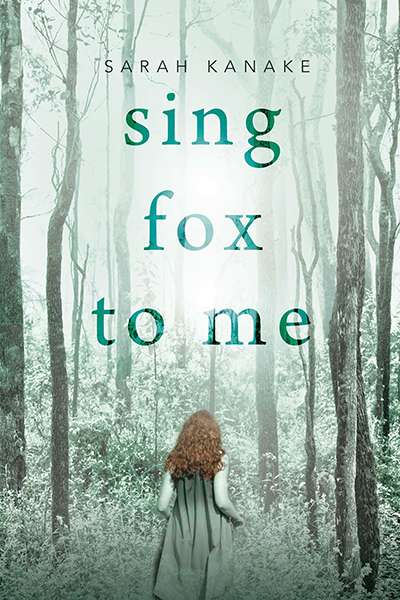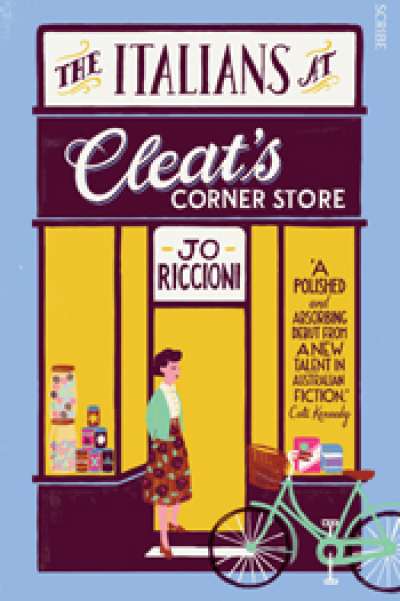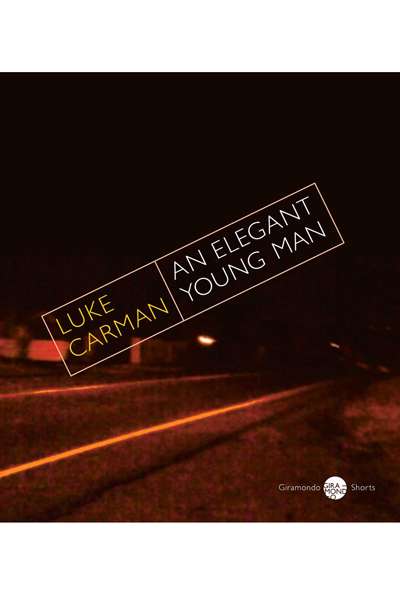Alex Cothren
Alex Cothren holds a PhD in Creative Writing from Flinders University. He is a winner of the Carmel Bird, William van Dyke, and Peter Carey Awards for short fiction, and he has writing published in Meanjin, Island, The Griffith Review, Ruminate, and Australian Book Review. He is the co-editor of Westerly’s South Australia Special Issue.
Not a year passes without someone claiming to have stumbled upon the legendary Tasmanian tiger. A flash of stripes, a tawny blur, strange paw prints in the mud; are these genuine sightings or mass hallucinations suffered by a populace whose grief for the extinct icon is stuck in a state of collective denial? 'Tassie loves the tiger now ... this entire country is going to be saying sorry forever'; ... (read more)
During World War II, billeted Axis POWs were deemed such a threat to the morals of British women that theBritish government enacted legislation proscribing amorous fraternisation. Although these laws were rescinded in the conflict’s aftermath, Jo Riccioni’s début novel demonstrates that the appeal of the foreigner endured, as a family of Italians arrive to disrupt the postwar calm of Leyton, ... (read more)
Late in his first collection of anecdotal short stories, Luke Carman’s narrator, also named Luke Carman, realises that the magic in a book he loves, Jack Kerouac’s On the Road, cannot be replicated in his own life. He is stuck in Australia, and ‘Australia is not the place for ecstatic truth.’ Stuck, to be precise, in Sydney’s western suburbs, depicted as an uncultured wasteland of ‘hig ... (read more)




